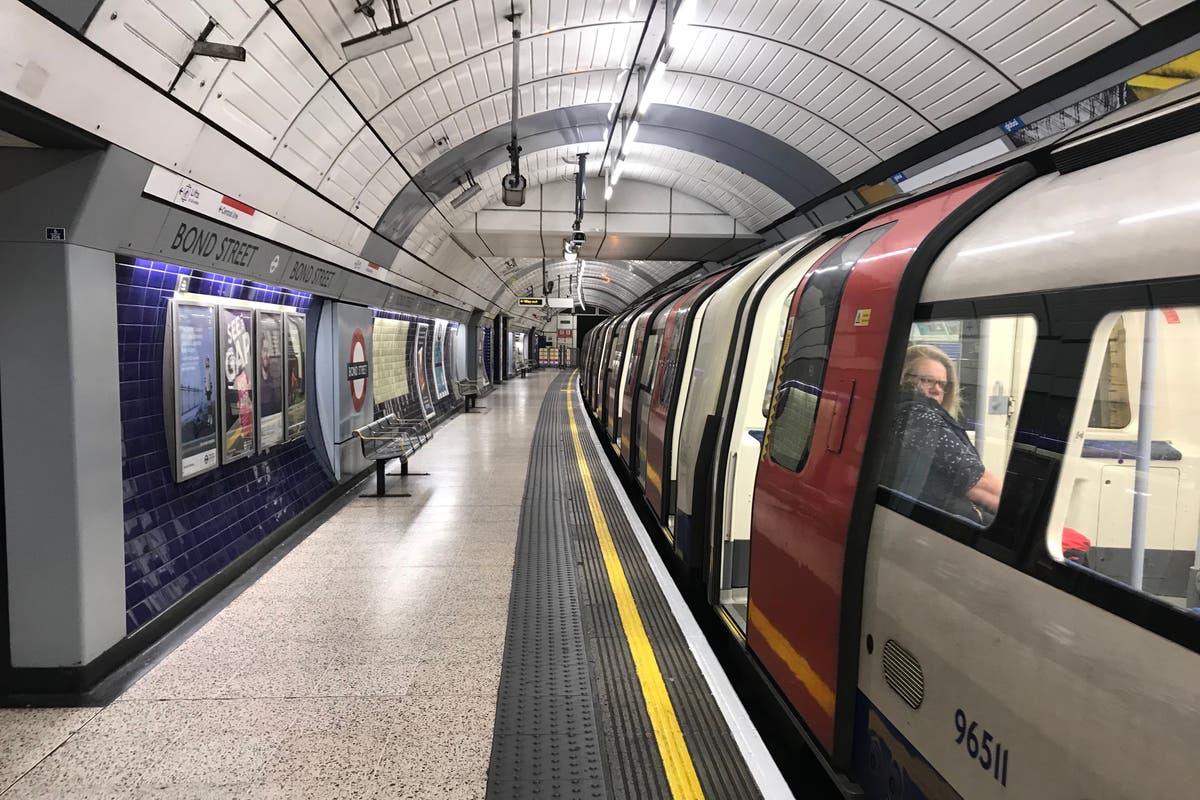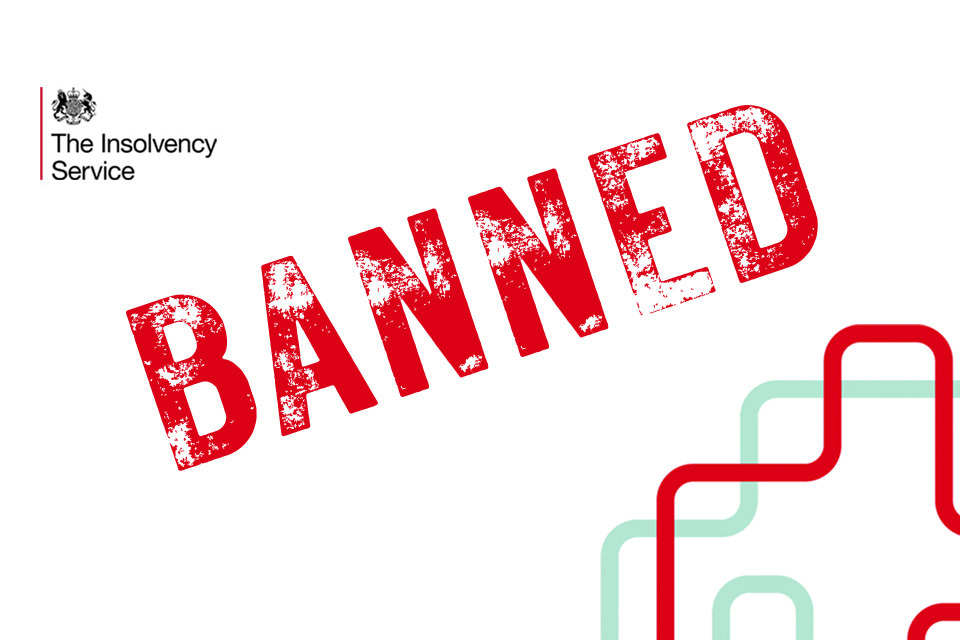Travel
London Tube strikes: Will November action take place?

London Underground drivers have called off plans to carry out strikes on the Tube network just days before they were supposed to start.
Train drivers’ union Aslef announced on Tuesday (5 November) that they were suspending strike action due to take place on 7 and 12 November across the London Underground after new negotiations and an “improved offer” from transport bosses.
The announcement comes just days after the National Union of Rail, Maritime and Transport Workers (RMT) declared it would no longer be going ahead with their strikes that were planned to start on 1 November.
After a period of strike-free travel on the London Underground, Aslef and the RMT both announced strikes last month over a pay dispute and subsequent “inadequate” pay offers during negotiations.
The last strike to affect the entire Tube network was in March 2023 over pensions and working conditions, grinding London transport to a halt as traffic jams spread across the city and buses, trams, the Overground, DLR and the Elizabeth line became increasingly busier.
It appears that similar travel chaos has been avoided this time, as both unions have walked back on plans to strike that would have severely disrupted journeys on various days during November on the Tube, as well as having a knock-on effect on National Rail trains, buses, trams and roads in the city.
Here’s everything we know about the called-off strikes and what this means for TfL passengers.
Will November action still take place?
Transport for London (TfL) has advised that “the strikes planned on the Tube on Thursday 7 and Tuesday 12 November have been suspended.
“London Underground services will now run as normal on those days.”
Why were strikes planned?
Both train unions said their members were striking due to a dispute over pay, as well as other issues such as long hours and other workers’ reliefs such as paid meals.
RMT said it was prompted to take strike action after rejecting a pay deal, which it deemed as “wholly inadequate” that leaves a large number of staff excluded from collective bargaining, which is negotiations between employees and employers.
After “repeatedly urging” London Underground to offer a new deal to cover collective bargaining, RMT general secretary Mick Lynch said they have been left with no choice but to take strike action but did remain open to further negotiations.
As for Aslef, whose members voted by over 98 per cent in favour of strike action, it was seeking a new pay agreement with London Underground.
The union said the previous offer of a 3.8 per cent pay rise and a variable lump sum would mean Tube drivers would be underpaid compared to other TfL drivers while working longer hours.
Aslef’s district organiser, Finn Brennan, said it had been “forced” into taking action because London Underground management would apparently not sit down properly and negotiate with them.
Why were they called off?
In a statement on Friday afternoon (1 November), RMT announced: “Following intense negotiations with London Underground management and a significantly improved offer, we have suspended the strikes scheduled to start this evening.
“London Underground have sensibly abandoned their proposed changes to pay structures which now means all our members will receive the same value in any pay award.
“Further discussions will take place next week regarding the pay offer but progress has been made which would not have been possible without the fortitude and industrial strength of our 10,000 members on London Underground.”
After RMT called off the strikes, TfL still warned of severe disruption on 7 and 12 November due to ongoing plans by Aslef. However, by Tuesday 5 November, Aself also announced its strike action due to take place on those dates would be suspended.
Finn Brennan, ASLEF District Organiser, said: “Following on fresh talks and an improved offer, ASLEF has agreed to suspend planned industrial action on London Underground.
“Details of the offer will be discussed with our reps at a meeting on Thursday.
“We are pleased that this progress has been made and strike action averted at this time.”
Claire Mann, TfL’s chief operating officer, said she is “pleased” to see the industrial action suspended and that Londoners will not have to experience disrupted travel.
“We believe that we have made an offer to our trade unions that is fair, affordable, good for our colleagues and good for London – and we urge our trade unions to continue working with us,” she added.










